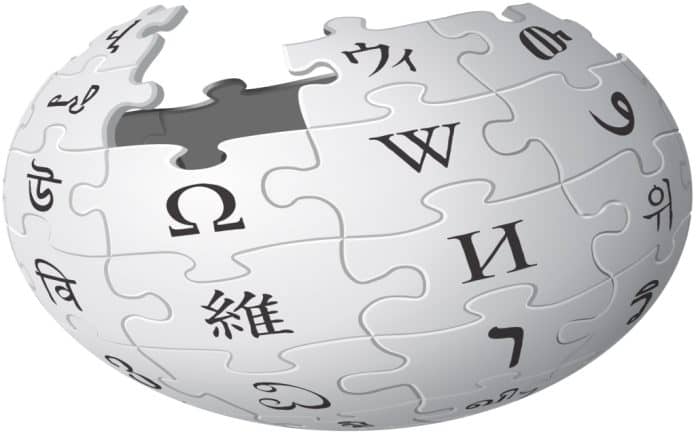Have you read a Wikipedia page while browsing online sometime this past week? If so, you are far from alone. Every day, millions of people around the world access the website’s pages for information on a wide variety of subjects. With so much content, regular editing is necessary. To become a Wikipedia editor, you must understand the rules.
1. Have an Account
If you want to begin monitoring Wikipedia page and submit edits, the first thing that you need to do is register an account on the website. Doing so is free and easy. Afterward, you will have the ability to create, comment on and edit Wikipedia pages.
2. Know the “Five Pillars”
Another key part of editing Wikipedia pages is understanding the foundation of the website and the organization itself. This is where knowing the “five pillars” comes in. These pillars include knowing that:
- Wikipedia is an encyclopedia
- Wikipedia maintains neutrality on all subjects
- Wikipedia is free content that anyone can use, edit, and distribute
- Wikipedia’s editors should treat each other with respect and civility
- Wikipedia has no firm rules
Keeping these pillars in mind can help you as you write and edit Wikipedia content.
3. Be Bold, Not Reckless
Although there are some simple editing rules to remember, do not let them stop you from being bold. If you know a lot of information on a subject, share it! Do not be afraid to provide clear and useful content that will help others. With that said, however, avoid being reckless with anything you edit or publish.
4. Think About Your Audience
When writing any type of content, it is usually helpful to think about your audience. With online writing and content promotion, knowing your audience is almost always necessary. With Wikipedia content, considering your audience is equally important, but it is also worth noting that you may not always know who is in your audience until you review page metrics.
5. Avoid Copyright Infringement
Most online writing includes information from other resources, Wikipedia included. Using solid resources to write and edit articles is not only encouraged but expected; however, avoid plagiarising the work of anyone else. When you use information, remember to cite, and never copy and paste any content word-for-word.
6. Cite Your Sources
Speaking of citing sources, do not underestimate the importance of this rule: Cite, cite, cite! There are several benefits to doing so. Not only do reputable citations give your content more authenticity and authority, but it also provides readers with additional information to take their own research further.
7. Avoid Self-Promotion
It may be tempting to share links that promote your business or products, but avoid doing so. Wikipedia is a website that millions of people love for its informational and educational purpose. Advertisements take away from that mission that so many readers appreciate.
8. Do Not Claim Authority
Although you should share your expertise and sources when editing Wikipedia, do not argue from an authoritative perspective or claim authority when writing. Instead, let the strength of your content speak for itself. You may know a lot about a subject, but Wikipedia is a knowledge-sharing resource that many other smart individuals contribute to, too.
9. Write Neutrally
If you want to regularly edit Wikipedia pages for many of the same reasons to update your website, it is necessary to write from a neutral point of view. When it comes to your own website, business or personal content and projects, it is often okay to share your opinion for one side or another on various topics, but remember that Wikipedia is an information source, not a debate room.
Regularly updating Wikipedia pages is necessary to provide readers with reliable information. Editing website content can be fun and rewarding in numerous ways, but you should not do so without knowing the editing rules. Keep this list in mind as you begin contributing to one of the world’s largest online information sources.



